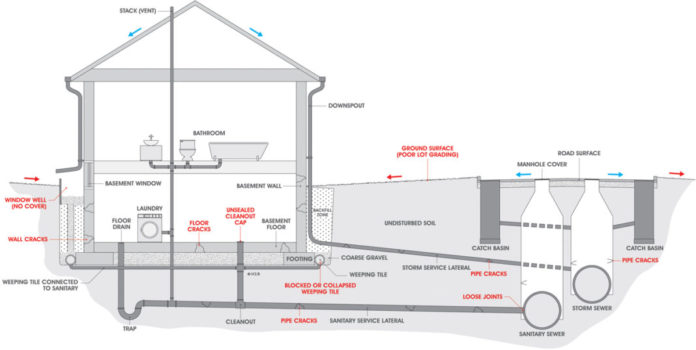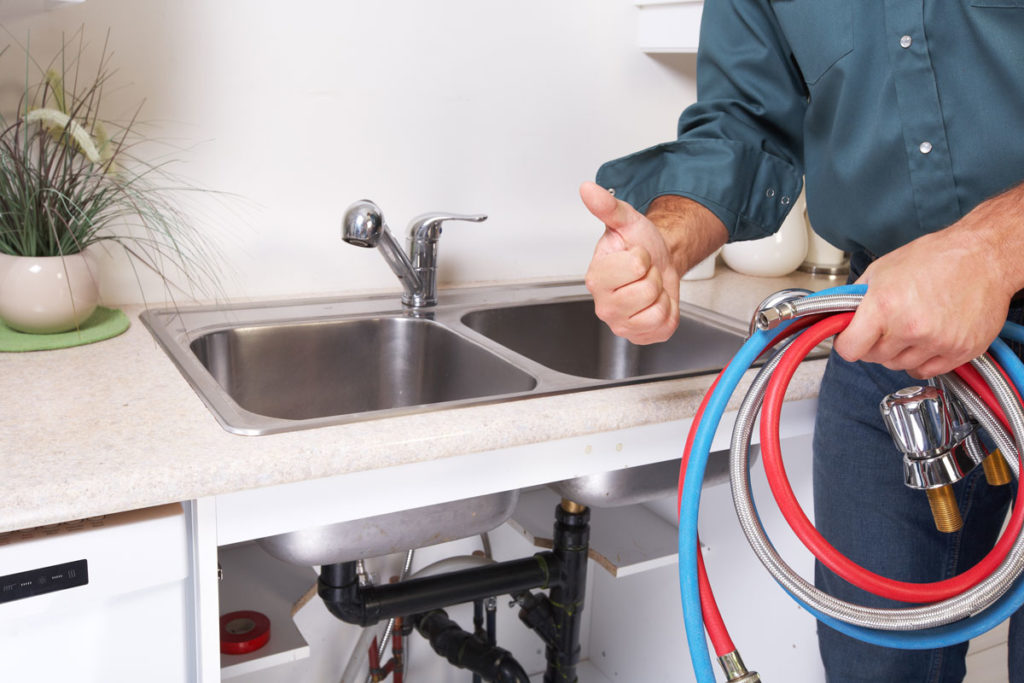
Having the whole family home during the summer is wonderful in so many regards. It allows everyone to spend quality time together, and it offers kids (and parents, incidentally) a welcome respite from the daily demands of school. One consequence, however, of having the whole family at home – and you’d hesitate to call it “negative” – is that it puts a little extra stress on your appliances, especially plumbing.
That’s why, especially in the summer, it is important to show your drains a little TLC. Everyone in the family needs a little pampering and attention when the hot weather arrives, and your plumbing is no different. Of course, the following tips can, and should, be used throughout the year, but get them started now for a healthier, less smelly and les messy drain system.
Make a List of What Shouldn’t Go Down
This is your first line of defense: a list of rules, pasted directly above the sink or on a nearby fridge so that the whole family can see, about what cannot go down the drain. Some people tend to think that, because they can’t see it, the drainpipe can accommodate just about anything, but that’s far from the case.
There are a number of household food items that can easily cause clogs, which can lead to even bigger, costlier problems – click here for more info, and for how to find a list of items you should never put down the drain.

Use a Sink Strainer
A list is your first line of defense, but a sink strainer is your first physical line of defense. These little mesh or plastic grates are cheaper than a cup of coffee, and hanging around the impulse buy section of just about every hardware store. You can probably even find them at some dollar stores. And by catching potentially obstructive pieces of food, they could wind up saving you hundreds of dollars in repairs – that’s what investors call a solid “return on investment!”
Ditch the Chemicals
They remain a popular form of drain cleaning – your Drano, Liquid Plumr, etc. – but chemical cleaners can actually have a harmful effect on the health of your drains. Chemical cleaners, especially those primarily utilizing hydrochloric acid or lye, can corrode your drains causing even worse damage. That’s not to mention the fact that they are a) not good for the environment, b) very dangerous if accidentally ingested and b) not all that effective at actually cleaning them.

Invest in Regular Drain Cleaning
Instead of chemical cleaning, experts agree (yes, there definitely are “drain experts”) that you should use a plunger, drain snake, or in extreme cases a hydro-jet. The latter two options are best handled by a professional plumber, as they take skill to manipulate and handle properly. But in any case, what you will be rewarded with is a completely clean and clog-free drain that has not suffered any ensuing corrosive damage.
The whole family uses them, so you might as well take good care of them. Follow these four tips for clean, safe and long-lasting drains.














